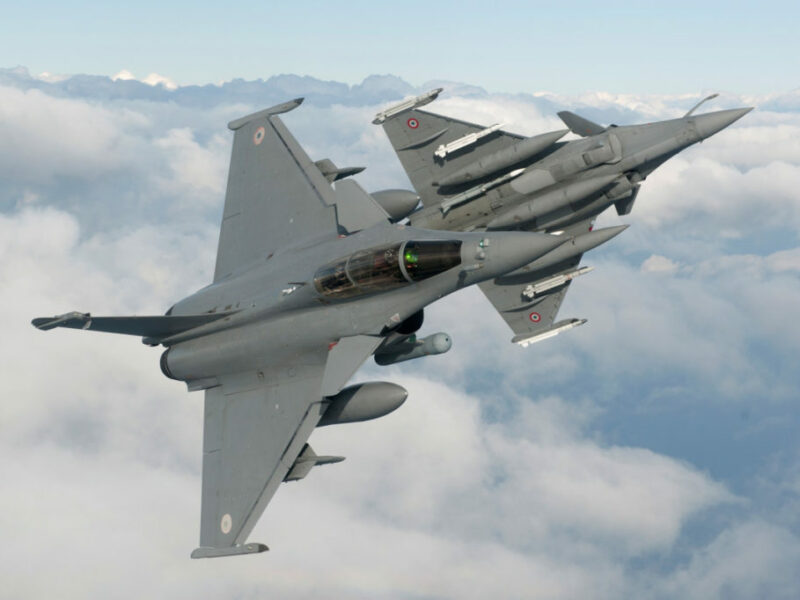Announced in 2017 shortly after Emmanuel Macron's arrival at the Elysée for his first term, the FCAS program, for Future Air Combat System, represents one of the two main pillars, along with the MGCS program, of France's ambition -Germany developed on this date to strengthen European strategic autonomy in the field of defense around strategic industrial cooperation between the two countries. Since then, the program has integrated Spain within it, but has above all been marked by growing and increasingly divisive tensions between Paris and Berlin, more particularly between the industrialists of the two countries, in particular around the first and main 7 pillars of the program, the Next Generation Fighter, or NGF, which has been the subject of a tense showdown between Dassault Aviation and Airbus DS for almost a year. In the end, it seems that the French and German authorities have succeeded, by dint of political pressure, in forcing the two major manufacturers to agree on industrial sharing and program leadership, at least as far as tranche 1B is concerned. aiming to develop a technological demonstrator for 2027.
Still, as said earlier, the FCAS program is far from unanimous, both in public opinion and in specialized circles, on both sides of the Rhine. To strengthen support for the program, French political authorities, whether the Ministry of the Armed Forces, parliamentarians and even President Macron himself, have adorned this program with many virtues, making it not only desirable and beneficial for French strategic objectives, but also, in a certain way, indispensable in many aspects. In this article, we will study the 6 recurring arguments most frequently put forward to justify this program, to determine its materiality, and therefore its relevance.
“France no longer has the budgetary means to develop a program on the scale of FCAS on its own”
The first and main argument recurrently put forward by both the French president, the Ministry of the Armed Forces (F.Parly) and many parliamentarians belonging to the presidential majority, is intended to be unstoppable. According to him, with the FCAS program expected to cost between €80 and €100 billion, no European country, particularly France, now has the means to finance the development and production of such a device and its system. systems. It is also, without the slightest doubt, the most questionable of the arguments put forward. Indeed, to take the example of the program Rafale, this will have cost, once the 225 planned aircraft have been delivered, around €65 billion, this taking into account the initial studies, the production of the aircraft, research for the different standards and the modernization of the aircraft. At the same time, 284 aircraft have now been ordered for export, for an amount of around €40 billion. However, without even taking into account the social savings made by the State as a result of this industrial windfall, these €105 billion invested and to be invested in French industry represent, alone, more than €50 billion in tax and social revenue. for the state.

The remaining charge, for the program Rafale, which let us recall was also often considered unbearable budgetarily speaking by many French political executives, not so long ago, is therefore €15 billion, based on 30 years of industrial activity at the rate of €3 billion per year, or only €500 million per year. Can we say, from this point of view, that this amount would be “unbearable” for French public finances, a country with a GDP of $2.500 billion, and for armies which will soon have more than €50 billion in annual budget ? The transposition for FCAS is direct even taking into account a higher cost, French GDP having greatly increased since the 90s and 2000s, especially since the success of Rafale recent years suggests excellent export dynamics in the decades to come, provided that the device and its system prove to be, as is the case with Rafale today, and Mirages before it, efficient and economically relevant, and not an Americanized program with many hidden costs. We cannot therefore say that France cannot finance the FCAS program alone, at best we can say that it does not want to do so.
“No single European country has the technologies needed to design FCAS anymore”

The rest of this article is for subscribers only
The Classic subscriptions provide access to
all articles without advertising, starting at € 1,99.
Newsletter subscription
Register for the Meta-Defense Newsletter to receive the
latest fashion articles daily or weekly


[…] […]